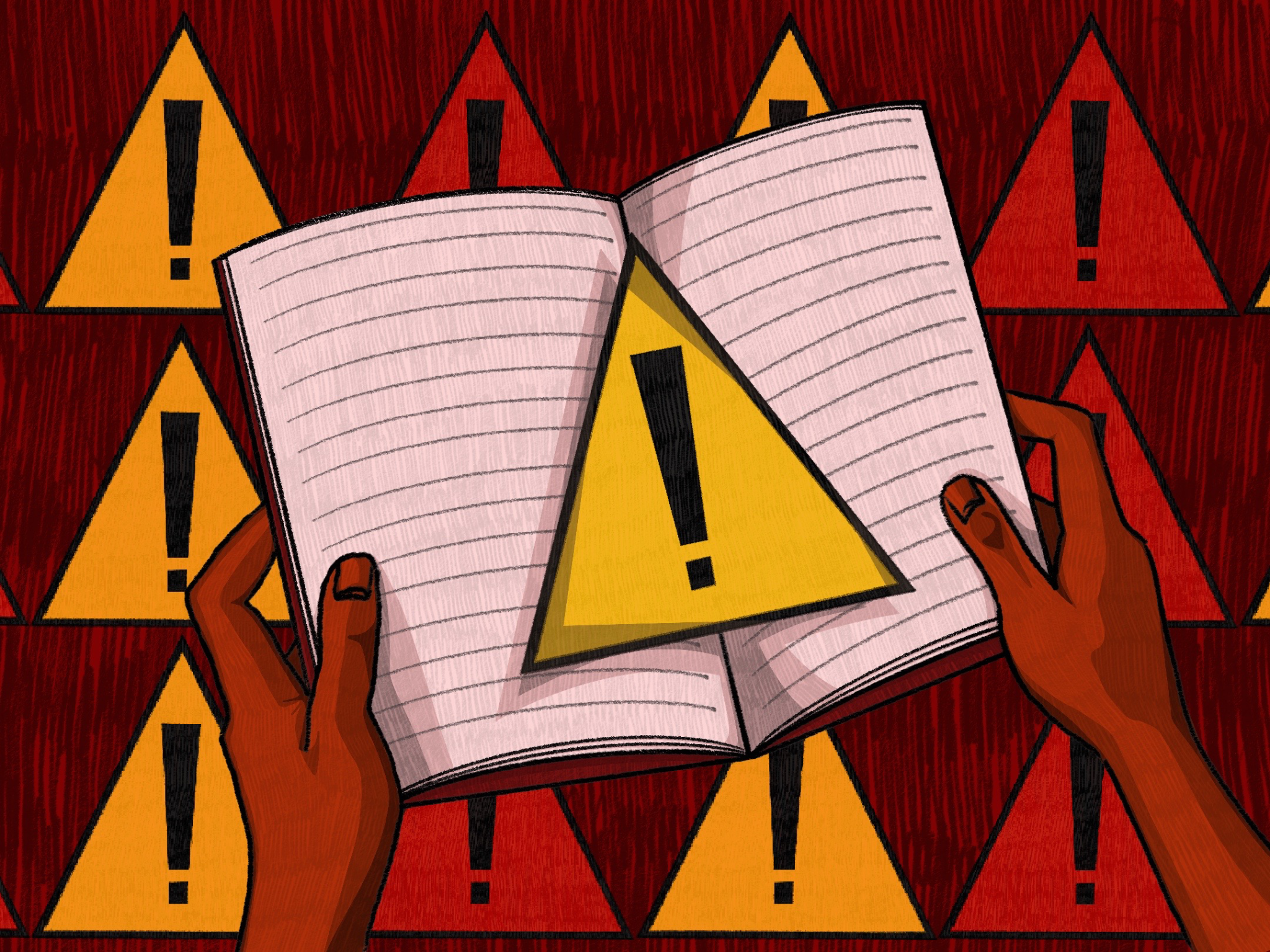On January 11, the Berkeley Youth Commission held its monthly meeting to discuss potential policy changes to sexual harm education and classroom trigger warnings within Berkeley Unified School District (BUSD).
The Berkeley Youth Commission is a panel of BUSD students — currently composed only of Berkeley High School (BHS) students — that develop and present policies to district and city leadership. The Commission meets regularly to discuss social and educational issues in BUSD and create policies to address them. Samuel Kaplan-Pettus, a BHS junior, is chair of the Commission.
Opening the meeting, Kaplan-Pettus explained that the Youth Commission is currently focused on the development of two BUSD policy proposals: a plan to institute trigger warnings for educational content that may offend or cause social harm, and a plan to improve sex and consent education.
“I think everyone has had an experience where a teacher showed them something they shouldn’t have, or at least should have warned students about,” Kaplan-Pettus said, addressing members of the Commission. “As a result, we need to encourage teachers to be more mindful about the educational content they expose students to.” According to Kaplan-Pettus, the Commission hopes to institute trigger warnings in two spaces; libraries and classrooms.
In BUSD libraries, trigger warnings could take the form of notes on books that alert students to any graphic content or derogatory language within. Jessica Lee, a BHS librarian who was invited to speak at the meeting, weighed in on the feasibility of adding trigger warnings to books.
“If we were to restrict books that contain hate speech, we might inadvertently remove books about protected people grappling with issues of racism, sexism, and other charged issues,” Lee said. “I think it’s important to have all different kinds of books — even terrifying ones — in our library.”
Lee added that labeling books with warnings could also be impractical, as it might attract students to labeled books for non-educational reasons. According to Lee, the use of labels would also make it difficult to distinguish between varying levels of offensive content.
Kaplan-Pettus then shifted the discussion towards trigger warnings in the classroom, which he explained could take many forms. Teachers could make assignments that contain potentially-triggering content optional, warn students and allow them to leave the classroom during traumatic discussions, or simply reduce the amount of harmful content used in a class’ curriculum.
“I’ve seen firsthand that harm is being done in English and history classrooms,” Kaplan-Pettus said. “We need to make sure that teachers are assigning readings and viewings that don’t cross a certain line.”
Commissioner Abigail Lamoreaux added that she had also experienced a lack of trigger warnings being used in classrooms. Lamoreaux explained that, despite students’ requests, her teacher had refused to alter a course’s content or allow students to skip a particular lesson. “We were shown the TV show Roots in class and it was extremely graphic,” Lamoreaux said. “No warning was given whatsoever … it was incredibly traumatic.”
Commissioner Estella Zhou pointed out that disturbing classroom content could cause particular harm to students with previous trauma in an area. “My [Academic Choice (AC)] English teacher had our class read a short story from a Japanese writer, and it was entirely focused on an instance of rape,” Zhou said. “This took place during last year’s sexual harm walkouts, and it was deeply damaging to many students.”
Towards the end of the meeting, the Commission discussed flaws and possible fixes to sex and consent education within BUSD classrooms. According to Commissioner Anya Draves, the district should increase the amount of time spent in the classroom on consent education.
“Right now, the sex education program in BUSD is utterly inadequate,” Draves said. “Teaching about it for one week in ninth grade definitely isn’t enough, and we also need to reduce the awkwardness and stigma that surrounds the topic.”
At the close of the meeting, the Commission agreed to send a request for an updated sex and consent curriculum to BUSD Superintendent Brent Stephens.
Disclaimer: Estella Zhou is a Jacket editor.





